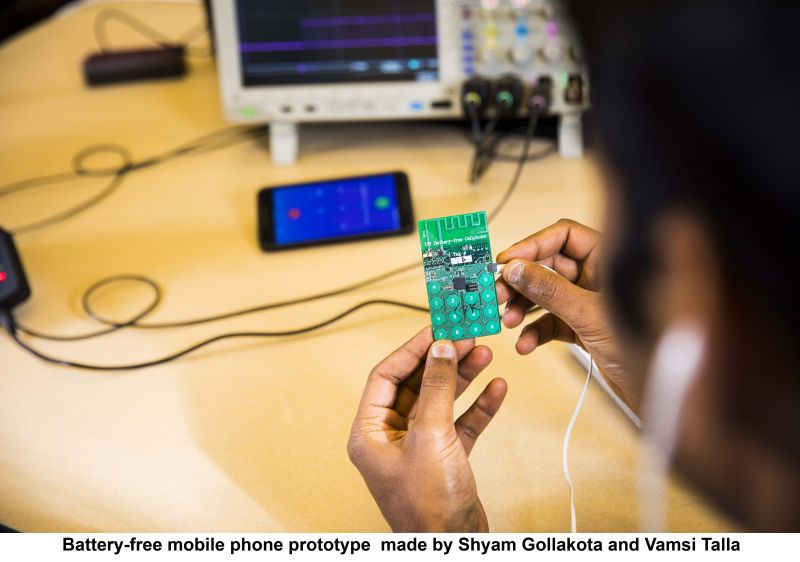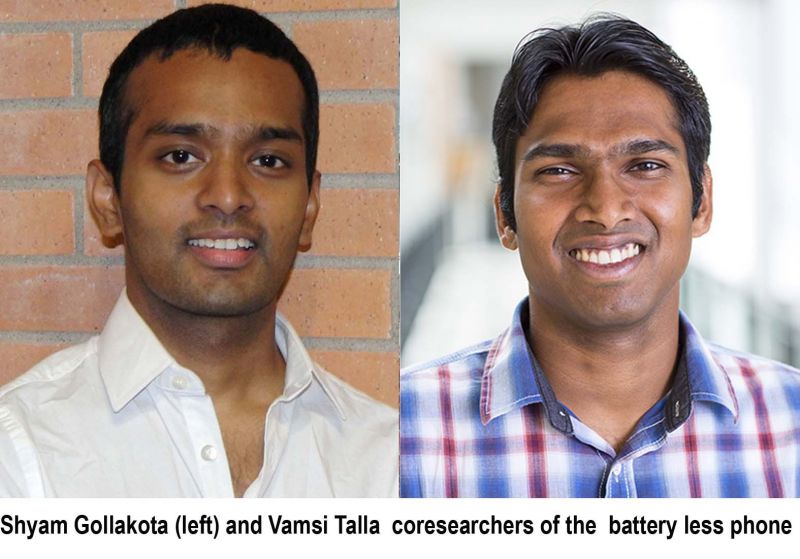Li-Ion king rules!

The computing power of your mobile phone grows exponentially every year. Memory, storage, camera specs — everything becomes bigger, better by the month.
But there is one laggard: the battery that fuels your handset. It just doesn’t measure up to the demands made by today's users. Remember simpler days when a full charge was good for a week?
Sadly, the technology behind the most popular battery material, Lithium Ion — a compound of Lithium as the positive electrode, carbon or graphite as the negative pole and a salt of Lithium as the semi-fluid in between — has hardly evolved since the turn of the century. Unless your phone has one of those jumbo batteries of 5000mAh or more, you will still run down your battery within a working day. What has changed is the speed at which one can recharge the phone battery. Different makers follow different paths: Technologies like Qualcomm's QuickCharge, Oppo's VOOC Flash Charge or OnePlus's Dash Charge, sharply cut the time for a full charge to half an hour or so.
The recent launch of the Oppo F9 Pro smartphone is an interesting response to what customers seem to want: a rapid recharge that will keep them going for a couple of hours.
The proprietary Oppo VOOC low voltage quick charge technology has been beefed up to support a new mantra: "5-minute charge, 2-hour talk". Unlike Qualcomm QuickCharge that increases the voltage for fast charging, VOOC increases current at a relatively low voltage. It has added 5 new layers of security during charging and will kick in, only after checking if the phone is VOOC-ready. This has one plus point: You can use the phone while it is quick-charging. The F9 Pro's battery is medium sized -- 3500mAh which keeps the phone reasonably light at 169 grams.
In other ways this is a 6.3-inch device, with 6GB RAM and 64GB of storage, a hi-power 25MP selfie camera and a 16 MP- 2MP dual camera combo up front... nothing unusual for this product segment. Usefully, both slots can take 4G VoLTE SIMs.
The Oppo F9 Pro costs Rs 23,990, while a non-VOOC F9 with almost similar specs, except the dual camera, is Rs 19,990. This signposts an emerging trend where buyers don't mind paying a bit more just to avoid those battery blues.
Meanwhile, barring radical breakthroughs, the Li-Ion King still rules -- for now.
Battery-free phone?

Indian researchers have achieved a working design.

Two Indian researchers at Washington State University (US) -- Vamsi Talla and Shyam Gollakota -- have made the world's first Skype call, from a mobile phone without a battery. They created a prototype battery-free cell phone, that operated on power that they harvested from radio signals coming from a mobile base station about 10 metres away. They supplemented this by harvesting power from ambient light, using tiny photodiodes.
The power they gathered, was still a fraction of what a normal mobile phone needed; so they eliminated the most power-hungry operations in mobile phones and brought down the requirement to around 3-4 micro-watts. Of course, the method calls for a radical redesign of the smartphone itself. But they believe that the technology could be commercialised in a few years.
--IndiaTechOnline

